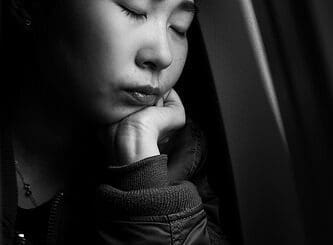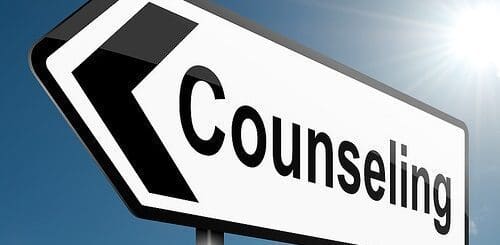Opposite Action

A great skill from Dialectical Behavioral Therapy (DBT) is “opposite action.” Opposite Action is based on the principle that our urges and behaviors are motivated by emotions, and that – when necessary – we can choose to act in opposition of what our emotions are telling us to do.
For example, if you are experiencing fear, you might feel the urge to hide or run from a situation. If you are experiencing anger, you might feel the urge to yell at someone or break something.
In these situations, it’s important to ask yourself, “does my emotion match the situation?” and “would acting on my urge improve the situation?”
Sometimes your answer to these questions will be YES. If you are being chased by a tiger, you are probably experiencing fear, and the fear is probably making you want to run away. In this scenario, your emotion matches the reality of the situation and your urge to run will help you stay safe – all good things!
But what about when our emotions don’t match the reality of the situation? Or when our urges to act are not helpful? What about when our urges to act are actually harmful, unsafe, or reinforce negative emotions?
This is often the case for those of us who struggle with our mental health. Your depression might be telling you to stay in bed all day and isolate yourself from friends and family. Your anxiety might be telling you to stay home from that party you’ve been looking forward to. Time for some opposite action!
Rather than giving into the urge to isolate, you might call a friend to make plans or go for a walk outside. Rather than missing out on that party, you might put on your favorite outfit, grab some friends, and head on over. By doing the opposite of what your emotion wants you to do, you’re actually changing your thought patterns and becoming more resilient. Pretty cool, huh?
Have you ever utilized opposite action in the past? What are some instances where opposite action might be helpful?




Recent Comments